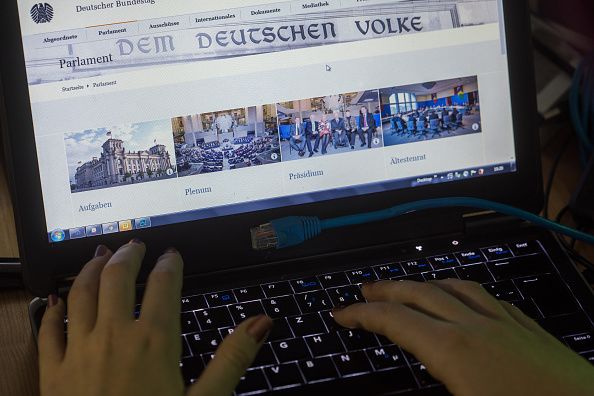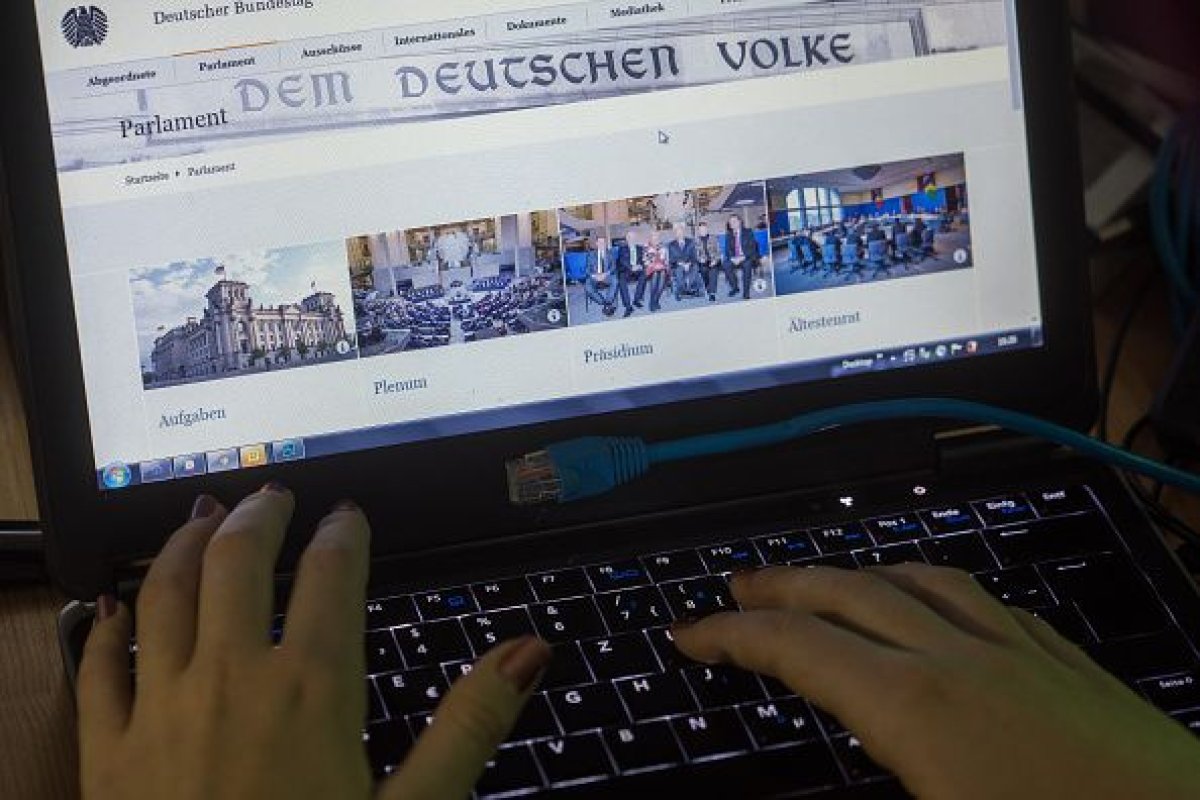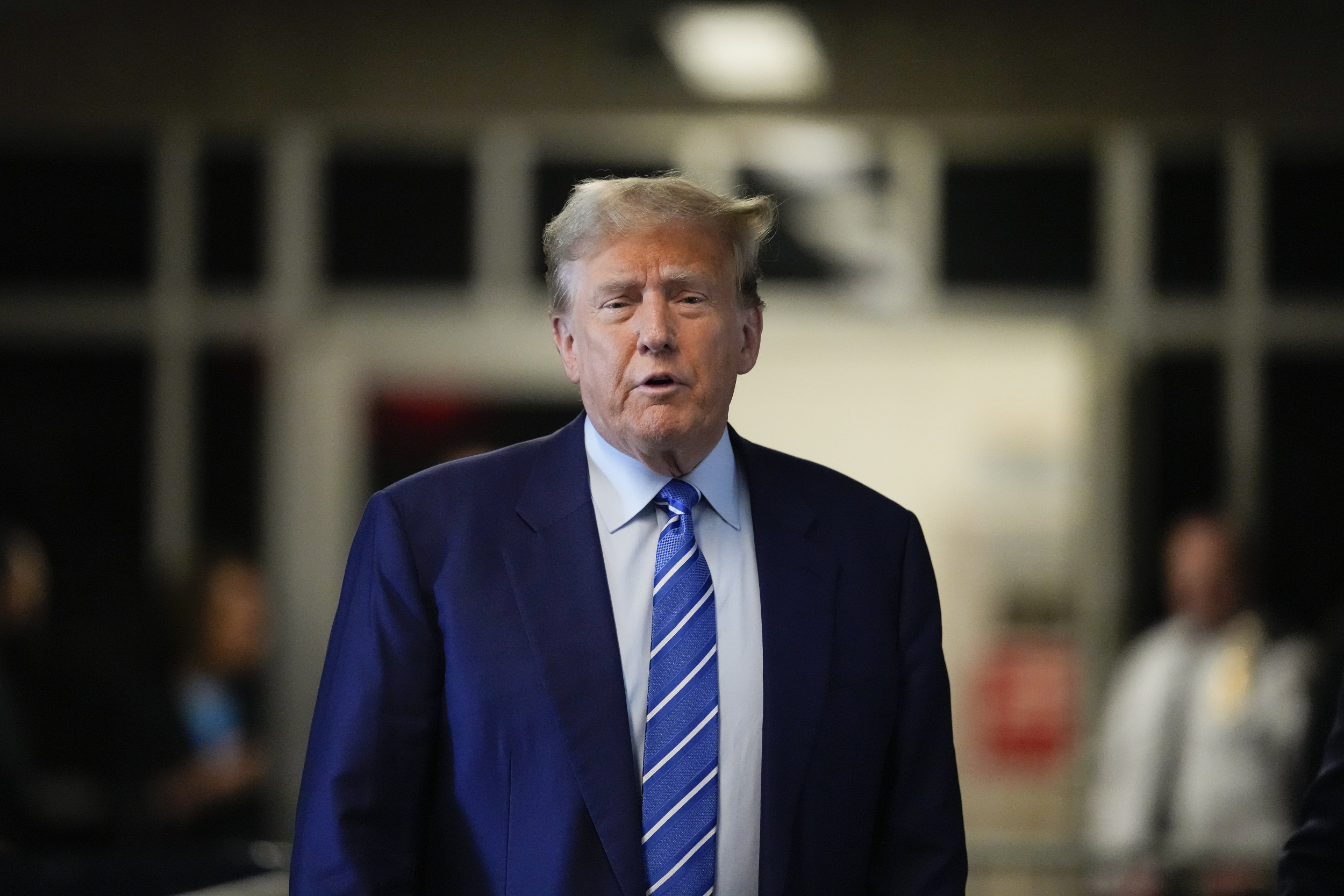
Hackers have stolen the private data of German politicians from every political party except for the far-right Alternative for Deutschland (AFD) and published the information on Twitter.
Hundreds of German public figures, including German Chancellor Angela Merkel, had their personal information, including financial details and personal contact information, published online. The information about Merkel included a fax number, an email address, and several letters that the chancellor had written and received. Some members of German parliament also had their personal identification cards published.
Some analysts have called the hack the biggest in Germany's history, and Germany's Justice Minister noted on Friday that the attack is "serious." Spokespeople for the German government said that government computer systems had not been penetrated. The hackers appear to have accessed Outlook email accounts, as well as the personal Facebook and Twitter accounts of some politicians. The hackers also stole information from German journalists.

It is unclear who was behind the hack. Last year, security experts blamed the hacking of Germany's foreign ministry on the Kremlin. Other high-profile hacks, including a 2015 cyberattack against the German parliament, the Bundestag, have also been blamed on Russia.
"It's clear that this is the worst data breach in the series of data breaches the German government has experienced over the past several years," Sudha David Wilp, deputy director of the German Marshall Fund's Berlin office, told Newsweek about the recent hack. "Sources have said that past hacks had Russian links. No one has pointed a finger so far, but it's certainly curious that all political parties have been targeted except for the AFD, which is known to be soft on Russia."
The Twitter channel of the hackers - active since 2015 and posting the #BTleaks hacks all over December 2018 - has finally been suspended. pic.twitter.com/YalkJGojT9
— Julian Röpcke (@JulianRoepcke) January 4, 2019
The hacks also create an ethical dilemma for journalists who will have to decide whether to report on any political scandals or other information found in the massive troves of data.
"This data leak shows the continued power of using social media to spread weaponized information for political effect," Laura Rosenberger, a former foreign policy adviser for Hillary for America, told Newsweek. "While no determination has been made on the identity of the attacker, we have seen in previous cases that attackers may withhold data from some targets while leaking others—for instance, in the 2016 presidential election, while both the RNC and DNC were hacked, Russian actors only leaked information stolen from the DNC.
"In this case, it also appears that the attacker took sophisticated steps to embed the data online, so that even once Twitter suspended the account sharing the links, the data itself remains live. It will be important for media organizations covering the leaks to think carefully about how to cover the story without serving as a megaphone to spread the leaked information—likely one of the attacker's goals," Rosenberger added.
The German tabloid Bild reported that Germany was requesting assistance from the U.S. National Security Agency to find out who is behind the hacks. Germany's national cyber defense agency also called an emergency meeting about the incident.
Uncommon Knowledge
Newsweek is committed to challenging conventional wisdom and finding connections in the search for common ground.
Newsweek is committed to challenging conventional wisdom and finding connections in the search for common ground.
About the writer
Cristina Maza is an award-winning journalist who has reported from countries such as Cambodia, Kyrgyzstan, India, Lithuania, Serbia, and Turkey. ... Read more
To read how Newsweek uses AI as a newsroom tool, Click here.








